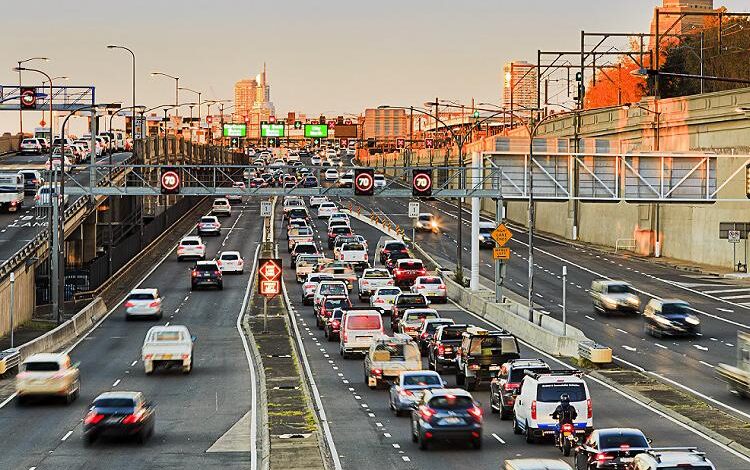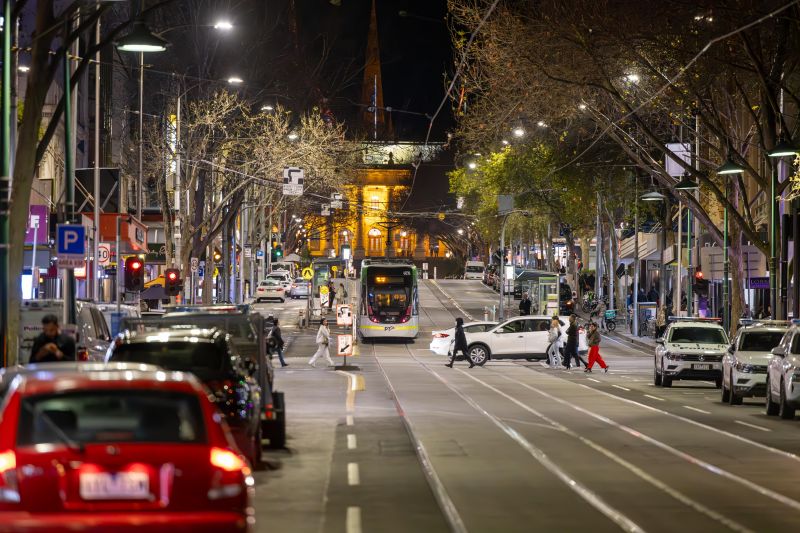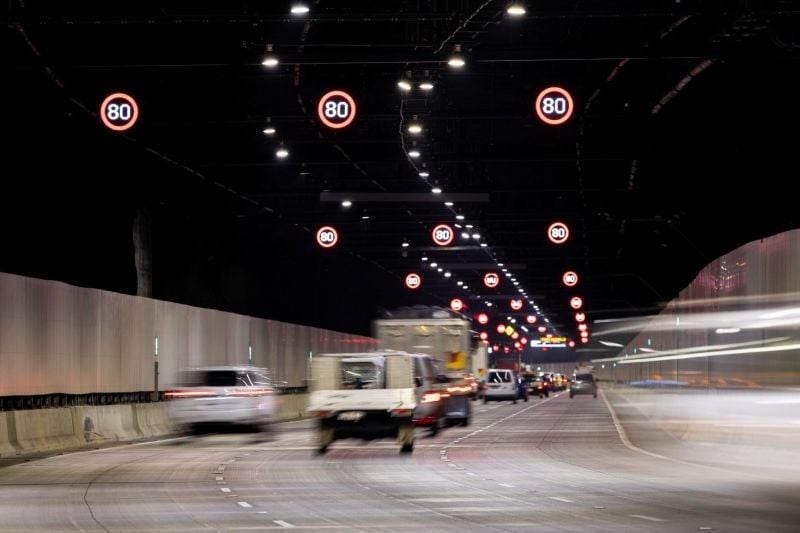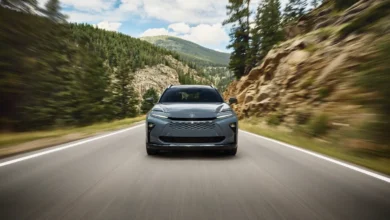Australians are under pressure as transport costs soar

As rising living costs continue to hit Australians, a recent report shows the cost of transport for a typical local household rose faster than inflation over the past financial year.
According to the Australian Automobile Association (AAA) latest Transport Affordability Index, transport costs increased by more than 10.5 per cent in the 12 months to 30 June 2024.
The figure comes as the consumer price index (CPI) rose 3.8 percent over the same period.
The report found that in the second quarter of 2024, the typical Australian household spent 17 per cent of its income on transport, up from 15.9 per cent in the same period last year.
The annual cost of transport for a typical household in an Australian capital rose by $141 to $25,572 in the June quarter. This represents a 0.6 per cent increase, below the 1.0 per cent CPI increase for the quarter.
AAA attributed the slowdown to public transport fares in Hobart being halved, helping to reduce the national average rate of transport cost inflation.
Excluding Hobart, the average quarterly increase in capital transport costs was 0.9 per cent, while the national increase corresponding to the CPI was 1.0 per cent.
Annual increases across Australia’s capital cities include an $88 rise in car loan repayments, a $54 rise in comprehensive car insurance and a $72 rise in fuel costs.
The average weekly fuel cost for a household in Australia’s capital cities has risen above $100, with Brisbane residents spending $103.60, while Sydney, Canberra, Melbourne and Hobart top the five cities and are all above average.
AAA’s index also recorded the cost of a regional centre in each state and territory, with the annual cost of travel for the average regional household increasing by $261 to $21,901.
As in the capitals, the bulk of the cost increases came from car loan repayments, comprehensive insurance premiums and net fuel costs, with annual increases of $90, $75 and $78 respectively.
Weekly fuel costs recorded a regional average of $103.06, with Bunbury ($120.50), Geelong ($119.77) and Launceston ($115.44) the most expensive regional centres in Australia.
In terms of public transport, Brisbane is ranked as Australia’s most expensive city with an average weekly cost of $59.67. The national capital’s average cost is $39.35 a week, and every capital except Canberra, Darwin and Hobart ranks significantly higher than the average.
Melbourne and Brisbane are also the two cities with the most expensive weekly road tolls, at $61.40 and $61.20 respectively. Sydney is the only other Australian city with road tolls, with an average weekly toll of $44.58.
AAA chief executive Michael Bradley said rising cost of living pressures were a reason why governments should adjust policies around transport costs.
“At a time when cost of living pressures are hitting most Australians, rising transport costs are a headache for households and businesses,” he said.
“Transportation is a significant and unavoidable expense for households, and is also one of the main drivers of overall inflation.”
THAN: Australian drivers are neglecting car maintenance due to high costs







